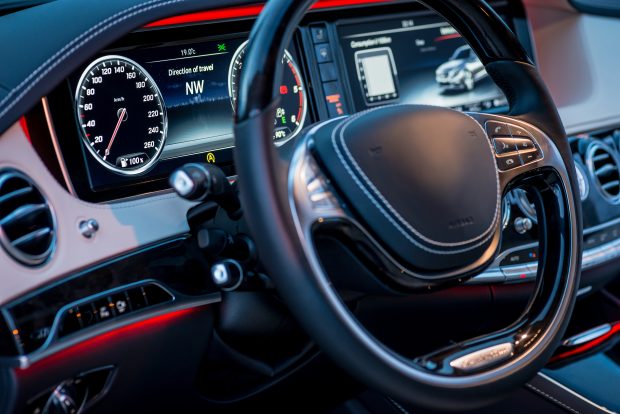Used car prices are likely to remain high and sales low in 2023.
 Source: Adobe Stock.
Source: Adobe Stock.
The year is shaping up to be better than expected for new car sales as supplies have become more abundant and manufacturers are starting to amp up incentives as the threat of a recession looms, according to Cox Automotive analysts.
Chief Economist Jonathan Smoke said March numbers showed a clear shift in momentum toward new cars as the supply issues that drove new car buyers into the used car lots during the pandemic are now reversed.
“Now those people are going back to buying new vehicles,” Smoke said during a webinar Friday. Those remaining are traditional used car buyers, “who are the most challenged with affordability and credit conditions.”
Cox Automotive estimated that used retail sales in March were 6% lower than a year earlier, while new car sales rose 9% with a stronger benefit from fleet sales than retail.
The supply of cars and trucks among retailers was about 38 days at the end of March, down from 43 days at the end of February and down from 47 days at the end of March 2022. The supply of new vehicles in March was 21 days more than a year ago and unchanged from February.
Credit tightened and rates went up much more dramatically on used loans in March, compared to new, Smoke said. New vehicle incentives, which disappeared with the pandemic-era supply shortages, are starting to return and they tend to include interest rate breaks.
“And tax refunds are also a contributor now to fading demand in used,” where refunds are a bigger factor in sales, Smoke said.
 Jonathan Smoke
Jonathan Smoke
The refund season started faster than last year, but average refunds are down substantially, Smoke said.
Through the week ending March 24, the IRS has paid out more than $172 billion in refunds. While the number of refunds are up 3% from a year ago, the IRS has dispersed 9% less money. The average refund so far was $2,903, down 11% from a year ago.
“Credit conditions and used prices make a new purchase more attractive to a buyer on the fence,” Smoke said.
The calculations would change if a recession starts this year.
Cox Automotive’s baseline forecasts, which were revised March 27, are based on no recession this year. Smoke said if a recession starts later this year, it would be a mild one lasting into 2024. It would dampen vehicle sales, especially for new ones.
The baseline forecast is for 14.2 million in new car sales this year, up 3% from 2022. If things are better than expected, Smoke said new car sales might rise to 14.6 million. If there’s a recession, sales might fall 3% to 13.4 million in 2023, and fall 7% to 12.4 million in 2024.
Cox forecast used retail sales to rise 0.5% to 19.2 million this year. Sales could rise up to 4% under better conditions. A recession would cause sales to fall 5% this year, but sales would start recovering in 2024.
Comments
Post a Comment
Please no profanity or political comments.